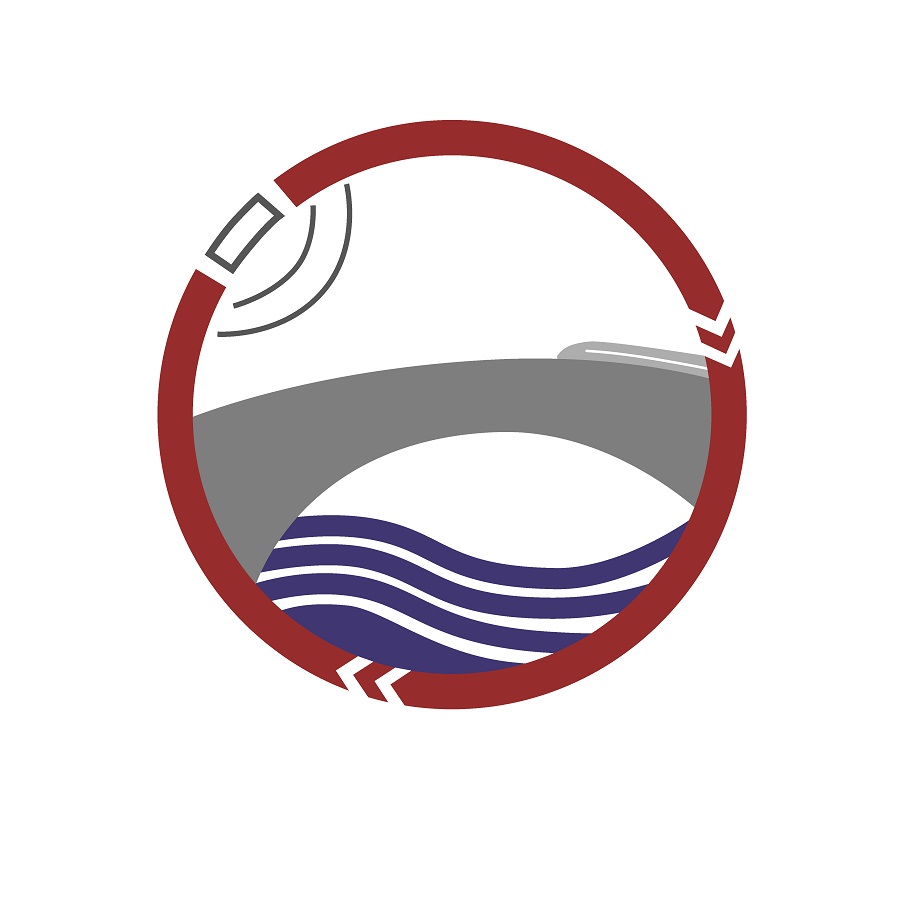| Project name | Integration of renewable energies into the energy supply at the district level |
| Acronym | E4Q |
| Project partner |
|
| Duration | 11/2018 – 11/2021 |
| Grantor | Federal Ministry for Economic Affairs and Energy (BMWi): Project Management Jülich (PtJ) |
| Project content |
In the context of the energy supply of neighborhoods, it is unclear which supply strategy is to be pursued depending on the type of neighborhood with regard to defined target values (e.g. renewable coverage share, greenhouse potential, net present value). So far, mainly renewable energy technologies for electricity generation have been promoted by subsidies. In the building sector in particular, however, there is a need not only for this electricity system transition but also for a turnaround in heating, since the energy required for heating/cooling and domestic hot water heating in residential buildings today accounts for around two-thirds of total energy demand. The research project E4Q comprises the further development of an existing method for the analysis of refurbishment and supply concepts of urban neighborhoods. In the study, networked as well as non-networked and sector-coupled concepts are considered. The evaluation of the quarters is based on indicators in the areas of energy supply, economy and ecology. The evaluation methodology to be developed as well as the simulations will be tested within the project on various real neighborhoods regarding their applicability. The validation of the results will be carried out with the involvement of various actors to achieve general transferability. Furthermore, the definition of the typical neighborhoods is carried out with the help of geoinformation data of buildings of various cities. The evaluation results of the scenario analysis allow, among other things, to show a corridor of future energy and CO2 savings while maintaining economic efficiency. A digital catalog of supply concepts of various types of neighborhoods will be published, which contains profiles with underlying load profiles and evaluations in the indicator areas. The catalog provides practical advice for neighborhood planning. With the involvement of the other project partners, the research results will be examined for their practical relevance and feasibility and recommendations for action will be jointly developed for various groups of actors in neighborhood development. |
Department of Civil and Environmental Engineering
Research project E4Q
Research project E4Q



